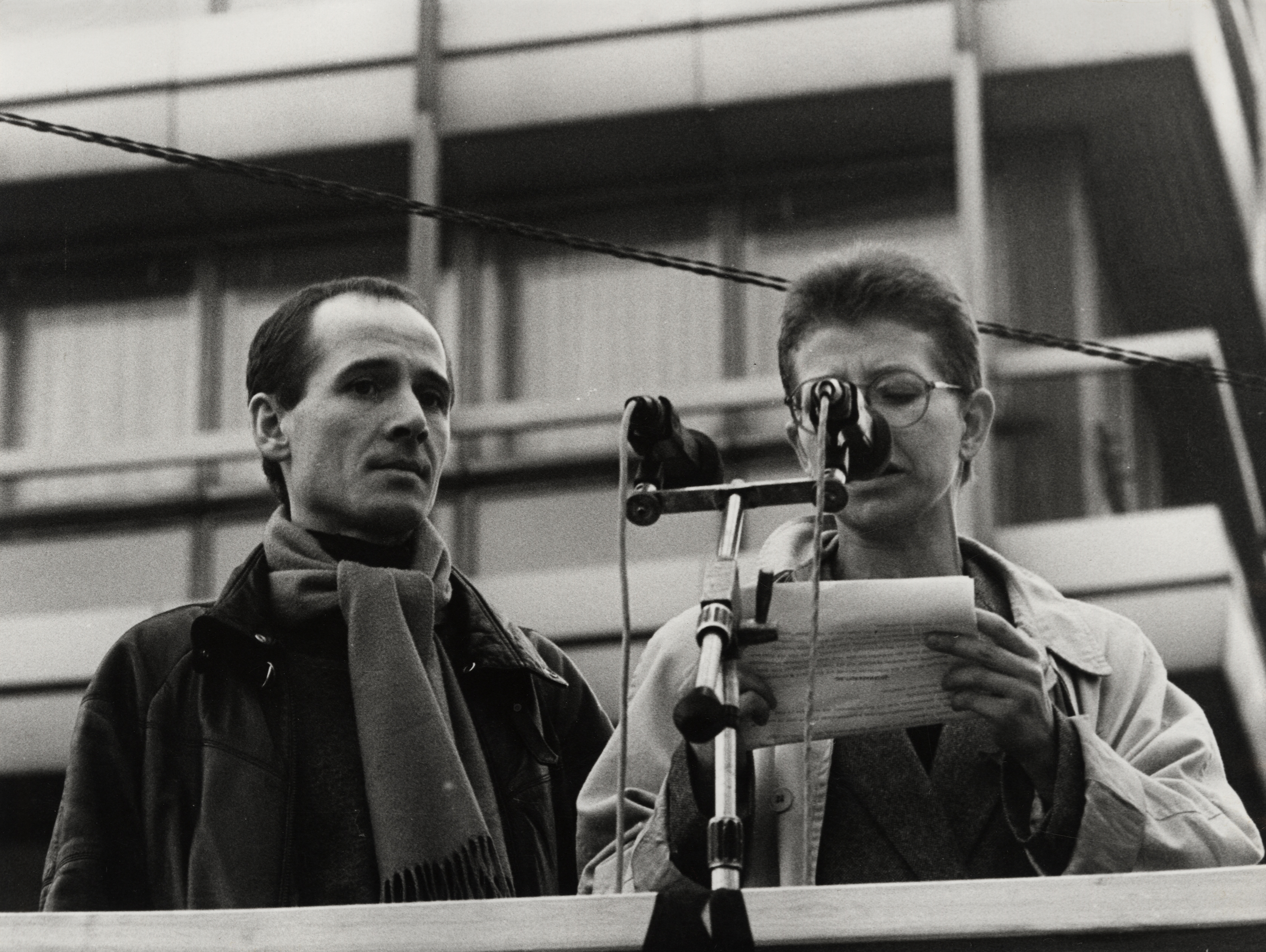The collection contains documentation from theatres, professional associations, and administrative bodies responsible for cultural politics. Twelve theatres, including theatres from former GDR, but predominantly focused on Berlin and Brandenburg, have been documented. Additionally, three theatres that came about after 1990 have been also included. The theatres are the Berliner Ensemble, Deutsches Theater, Maxim-Gorki-Theater, Staatliche Schauspielbühnen Berlin, Schaubühne am Lehniner Platz, Volksbühne am Rosa-Luxemburg-Platz, Brandenburger Theater, Hans Otto Theater Potsdam, Kleist-Theater Frankfurt (Oder), Neue Bühne Senftenberg, Staatstheater Cottbus, and Uckermärkische Bühnen Schwedt (Brandenburg) as well as newly established theatres such as: Freie Kammerspiele Magdeburg (Saxony–Anhalt), Kammertheater Neubrandenburg (Mecklenburg–West Pomerania) and Theaterhaus Jena (Thuringia). The latter group emerged following the closure of the Theater für Junge Zuschauer (Theatre for Young Audiences in Magdeburg, closed 1990), Puppentheater Neubrandenburg (Puppet Theatre in Neubrandenburg, closed 1991), and the Jenaer Theater.
Earlier changes to some theatres, which began before 1989, have been also documented. The material included in the collection focused on the main production activities in theatres including programmes, cast lists, photographs, audio and video recordings of the plays and performances, and posters. The media files include reviews and press files about the plays and the theatres, and visitor surveys, among others. Administrative documents such as reports and contracts have been also included, in addition to documents related to cultural policy (reports, evaluations, statistics, etc.).
The collection covers newly emergent theatrical approaches in Berlin, theatres as cultural and social centres, the founding, alliance-making, merging, and closing of theatres, and how the fall of the Berlin Wall was treated in various productions and performances.
The material has been selected to showcase the uniqueness of the changes affecting theatres at the time and changing working conditions connected to changing cultural policies. Consequently, the collection is somewhat wide in scope. Besides the large diversity of materials preserved at the Academy of Arts in Berlin, the collection is also significant due to the multiple perspectives it offers on theatre in transition. The collection should be considered an ongoing project, as new materials are constantly being added. Also, to comprehensively understand theatres in the GDR, the collection can be complemented with material preserved in personal archives and in the Performance Documentation collection (Sammlung Inszenierungsdokumentationen).

